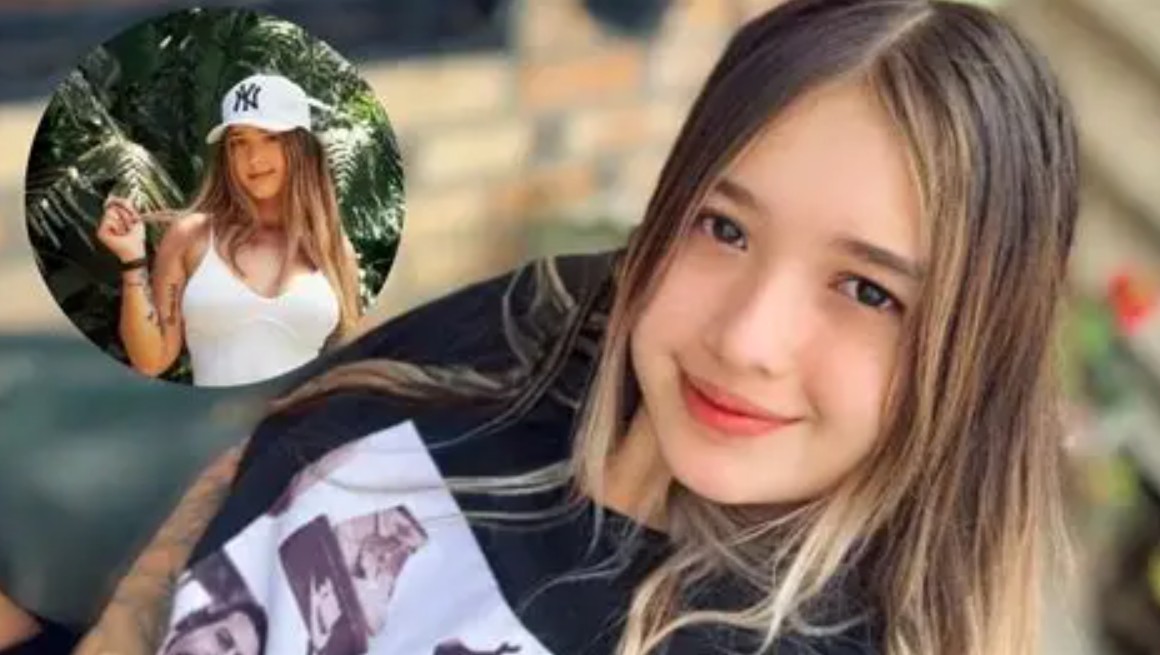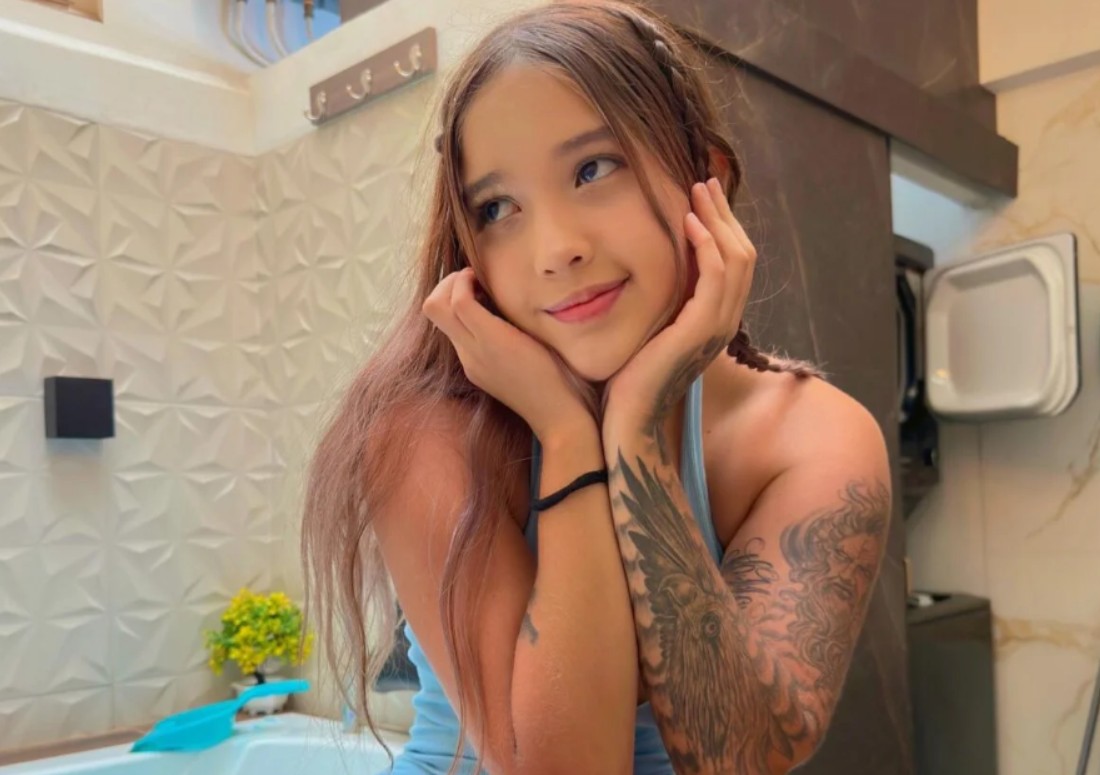In recent days, the internet has been buzzing with searches for the Video de Valeria Castañeda. The sudden spike in interest has caught the attention of social media users across platforms like Twitter, TikTok, and Reddit. Valeria Castañeda, known for her striking looks and vibrant online presence, has found herself at the center of a viral storm that mixes curiosity, speculation, and controversy.

The Video de Valeria Castañeda began trending after claims surfaced about a private video allegedly involving her. However, much of what circulates online remains unverified, with many posts designed mainly to attract clicks or views.
This article explores the origins of the viral search, examines public reactions, and separates facts from rumors. By looking deeper into who Valeria Castañeda is and how this situation unfolded, we can better understand how digital fame can quickly turn into an online controversy.
Contents
The Viral Video de Valeria Castañeda Explained
The Video de Valeria Castañeda began circulating online after a few ambiguous posts appeared on social media platforms claiming to show or link to a private video allegedly involving the influencer. Within hours, the keyword started trending on Twitter/X, Reddit, and TikTok, as users rushed to find out whether the rumor was real.
Many accounts reposted the same captions and thumbnails with links that turned out to lead to unrelated pages, spam content, or even malicious sites. On TikTok, short clips discussing the supposed leaked video accumulated thousands of views, though none provided verified proof of its existence.
Video de Valeria Castañeda Sparks Massive Online Controversy
video-de-valeria-castaneda-1.mp4
video-de-valeria-castaneda-2.mp4
So far, no credible sources or verified accounts have confirmed that an explicit or private video of Valeria Castañeda actually exists. Most of the content associated with this search term appears to be clickbait designed to exploit public curiosity for engagement.
It’s important for viewers to understand that misinformation spreads quickly during viral moments like this. Many users fall victim to fake links or manipulated videos that misuse someone’s name to generate traffic. Therefore, it’s always wise to avoid clicking on suspicious links or sharing unverified claims that could harm someone’s privacy or reputation.
Background on Valeria Castañeda
Valeria Castañeda is a rising social media personality and content creator who gained popularity for her engaging posts, lifestyle updates, and fashion-inspired content. She is believed to be from Latin America though her exact nationality remains unclear to many online followers and has built a growing audience on platforms like Instagram, TikTok, and Facebook, where she frequently shares photos, short clips, and motivational messages.
Before the controversy surrounding the viral video, Valeria was primarily known for her modeling work and for her influencer collaborations with emerging brands. Her online image reflected confidence, creativity, and positivity qualities that helped her attract thousands of followers and a loyal fan base.
Like many digital influencers, her popularity was driven by authenticity and direct interaction with her audience. This connection made the sudden appearance of the Video de Valeria Castañeda keyword all the more shocking to fans who were used to seeing her in a positive light.
Public Reactions and Online Speculation
As the phrase Video de Valeria Castañeda went viral, social media reactions ranged from shock to skepticism. Some users expressed curiosity, trying to uncover the truth, while others criticized the way unverified rumors were being spread without evidence. A segment of her followers came to her defense, emphasizing the need for respect and caution before jumping to conclusions.
On Twitter/X, hashtags such as #ValeriaCastañeda and #VideoDeValeriaCastañeda briefly trended in certain regions, sparking heated discussions. Memes, opinion posts, and short reaction videos flooded timelines, amplifying the topic even further.

Platforms like Reddit and TikTok played major roles in magnifying the story, with users reposting snippets of speculation, commentary videos, and even supposed “updates” most of which lacked verification. This cycle of reposting and reaction is a common pattern in digital controversies, where public interest often fuels misinformation faster than facts can catch up.
Ultimately, the viral spread of this topic shows how easily a single rumor can evolve into a widespread online debate highlighting both the power and the danger of social media amplification.
Truth vs. Rumors
When analyzing the Video de Valeria Castañeda trend, it’s crucial to separate verified facts from online speculation. As of now, there is no confirmed evidence that any explicit or private video involving Valeria Castañeda exists. All circulating clips, images, and links claiming to show such content are unverified and likely fabricated or clickbait-driven.
No official statements have been made by Valeria Castañeda or her representatives confirming or denying the alleged video, which further supports the idea that much of the current discussion stems from rumor, misunderstanding, or intentional misinformation. Many of the accounts posting about the video are anonymous, using sensational headlines to attract attention and engagement.
Beyond the truth of the claims, this situation highlights an important issue online safety and digital ethics. Sharing or even searching for supposed “private” or “leaked” videos can have serious consequences, both legally and morally.
It violates an individual’s right to privacy.
It may spread harmful or false content that damages reputations.
In many countries, distributing or reposting non-consensual material is a criminal offense.
The responsible approach is to verify information before sharing and to respect personal boundaries, especially in an era where misinformation can destroy someone’s image within hours. Respect and empathy should guide how users engage with viral topics like this.
Impact on Valeria Castañeda’s Public Image
The viral spread of the Video de Valeria Castañeda keyword has undoubtedly affected how people perceive her online. Even though there is no verified evidence of the alleged video, the mere association with such rumors can leave a lasting impression on an influencer’s public image.
For Valeria, who built her career through positivity, fashion, and lifestyle content, this sudden controversy brought unwanted attention and intense scrutiny. Some followers expressed unwavering support, urging others not to judge without proof. Others, however, reacted with skepticism or criticism, showing how fragile an influencer’s reputation can be in today’s digital climate.
As of now, no public statement or legal action from Valeria Castañeda or her team has been confirmed. However, if the rumors persist, she may choose to address the issue directly or seek legal recourse against those spreading defamatory content.
This case serves as a reminder of how quickly online fame can turn volatile. Influencers rely heavily on public trust, and even false allegations can disrupt their careers, brand partnerships, and mental well-being. The Video de Valeria Castañeda controversy demonstrates the double-edged nature of social media where visibility can bring both success and vulnerability.
Lessons from the Video de Valeria Castañeda Trend
The Video de Valeria Castañeda incident reflects a broader issue in today’s digital culture the speed at which rumors spread and the difficulty of separating truth from fiction once something goes viral. In the world of instant information, a single unverified post can reach millions before any fact-checking takes place.
This case underscores the dangers of viral curiosity and the lack of online accountability. When users engage with sensational claims without verifying their authenticity, they unintentionally fuel the spread of misinformation. The line between entertainment, gossip, and defamation becomes dangerously thin.
Another key lesson involves privacy and consent. Every individual, including public figures, deserves protection against non-consensual exposure or false allegations. Sharing or even discussing unverified “private videos” contributes to a harmful online environment that normalizes invasion of privacy.
To create a more responsible internet culture, users should:
Verify information before reposting or commenting.
Avoid clicking or sharing suspicious links that promise “exclusive” or “leaked” content.
Report malicious or defamatory content that violates privacy.
Promote empathy and digital respect over speculation and gossip.
The Video de Valeria Castañeda trend is a wake-up call reminding everyone that what we share online has real-world consequences for real people.
The Video de Valeria Castañeda controversy demonstrates how quickly misinformation can dominate online spaces. What began as an unverified rumor soon became a trending search term, illustrating the immense power and danger of viral culture.
Throughout this discussion, one truth stands out: there is no credible evidence supporting the existence of the alleged video. The situation instead highlights the importance of digital literacy, privacy protection, and responsible online behavior.
As consumers of information, we must remember that behind every trending topic is a person whose life and reputation can be deeply affected. The best response to such viral controversies is not curiosity, but caution, compassion, and respect.
Ultimately, the Video de Valeria Castañeda case serves as a reminder that in the digital age, empathy and responsibility are stronger than rumors and they are essential to building a safer, more respectful online community.

